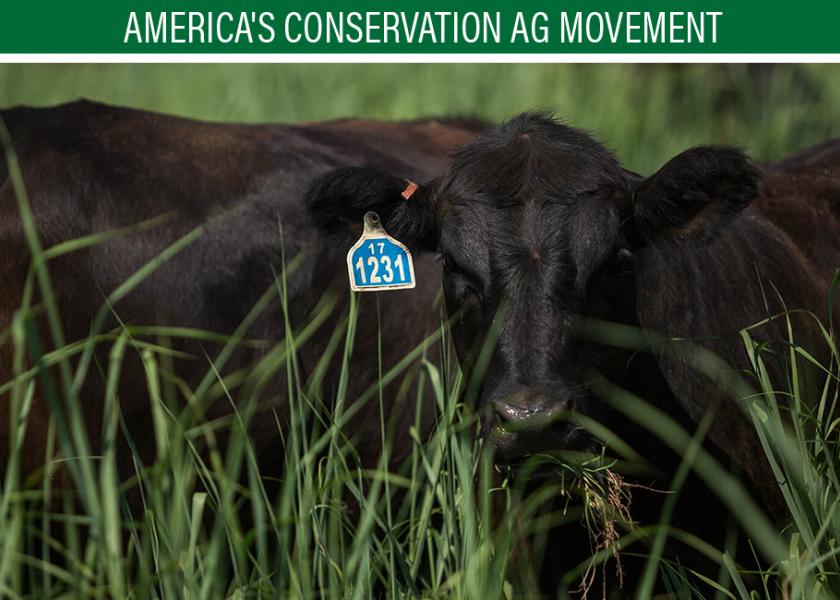Noble Research Institute Celebrates 75th Anniversary

Building trust in food begins with empowering farmers through one of the largest and most diverse conservation- and sustainability-focused public-private partnerships in our nation’s history: America’s Conservation Ag Movement. To find the latest news and resources related to the Movement, visit AgWeb.com/ACAM.
On Saturday, September 19, 2020, the Noble Research Institute will celebrate its 75th anniversary, and kick off a year-long celebration of agricultural producers, the land that provides for our collective well-being, and the organization’s future, according to an institute release.
Founded in 1945, the institute has supported farmers and ranchers through education, research and consultation as they steward the nation’s grazing lands and soil.
Lloyd Noble, institute founder and philanthropist, created the organization as a resource to work with individuals to rebuild the soil and provide lasting stability for the economy in the aftermath of the Dust Bowl.

In the anniversary year, the institute will “celebrate the importance of the land, recognize farmers and ranchers who care for this valuable resource, and highlight their contributions to the public at large through social media campaigns and special video tributes,” the release says.
“For 75 years, Noble’s mission has been to walk alongside farmers and ranchers, providing information and assisting them in the critical role they play for society,” says Steve Rhines, president and CEO, in the release. “During this anniversary year, our celebration will focus on their impact on each of us, while we — as an organization — continue to grow and evolve to meet the challenges of tomorrow.”
As it looks to the future, the organization will continue to build on its legacy. It is developing programs to help ranchers regenerate their grazing lands and achieve lasting financial stability to enable long-term planning and action. Specifically, it will focus on helping producers implement long-term, regenerative ranching practices.
Regenerative ranching, the release says, is the process of restoring degraded soils by using practices base on ecological principles. Regenerative ranchers work with the natural environmental system — comprising soil, plants, water, animals and the humans that manage them — to build organic matter and resilience within the soil.
Healthy soil has less nutrient run-off and erosion; sequesters atmospheric carbon, which combats climate variability; and, because of its ability to better hold water, serves as a management tool for both drought and heavy rain, the release continues. Just a 1% increase in organic matter helps soil hold 20,000 gallons more water per acre.
Building the soil also means that producers can generate higher quality food for consumers and enjoy more productive land with more stable economics.
Today, there are about 655 million acres of public and private grazing lands in the United States. It is estimated that up to 70% of such acres are in a degraded state. This degradation has a broad impact on each of us as well as the environment. Degraded lands impair the quality of our produced food, interferes with fresh water supplies, increases the opportunity for land erosion, and limits the soil’s ability to capture and store atmospheric carbon, the release says.
“As we look to the future, we imagine our nation’s cattle producers having the knowledge and tools needed to rebuild our country’s grazing lands and not only provide for their families but pave the way for the next generation of producers,” Rhines says in the release. “While we absolutely support their continued delivery of nutritious and affordable food to the world’s plates, our shared vision will be to leave the land better at sunset than it was at sunrise. We are proud of our legacy and honored to have been entrusted to carry forward Mr. Noble’s vision. It is what provides context and excitement for our next chapter of transformational work.”







